Do, But Come What May

I have always believed in managing expectations. Or, maybe more accurately, not expecting at all.
I refuse to be emotionally invested in outcomes that I have no direct control over.
I don’t like to expect anything that may not happen—I’d rather not give it the power to disappoint me.
I don’t want to be surprised by any outcome. Whether I get something or not, my reaction would be the same: okay. I wouldn’t mourn for things I never had, and I wouldn’t jump for joy for things that can be taken away. It’s just okay. I accept things as they come.
I built a shield. To some, it looked like a wall.
And this made some people label me as aloof. Or a cold-hearted, unfeeling person. That was fine too. I didn’t mind at all.
The question, however, that kept badgering me was: Does being indifferent keep me from winning? Is my lack of enthusiasm for a positive outcome keeping me from taking the prize?
I’ve read somewhere ages ago (which I think you’re familiar with) that if you contemplate failure, or even think of the possibility of it happening, then you will fail. Extreme claim, really, for me; but I had to think about it.
Then I read The 7 Habits of Highly Effective People by Stephen Covey, yet another book full of wisdom. It’s where I first learned about the Circle of Concern and Circle of Influence.

Your Circle of Concern comprises everything that matters to you: finances, family, business, job, and others. Your Circle of Influence is smaller and is within your Circle of Concern. It includes only concerns that you have influence over, things that you can control.
Businesses are slow on rainy days and they can’t command the weather, but they can do something about that challenge: rainy day promos.
Proactive people, Covey said, focus on their Circle of Influence. Reactive people focus on their Circle of Concern, and thus say, “I can’t do anything about it.”
This same concept is written everywhere in Stoic philosophy.
I'm re-reading Ryan Holiday’s book, The Daily Stoic, this year. Over and over it quoted Stoic philosophers who wrote about how we must focus on things we can control. We know that there are things that we are concerned with but have no control over (Circle of Concern)—we shouldn’t dwell on those.
Instead, we should direct our mental and physical energy on things that we can control (Circle of Influence).
And there I found my peace.
Wise men said it, from centuries ago until today: focus on what you can control.
Otherwise, we’d be giving power to external events, letting them upset or anger us. Wouldn’t it be infinitely better to be able to control how we react, how we feel? This control lies between the external event and our reaction—that’s the moment we decide how to act.
What about the question I’ve always had—does indifference stifle me?
The answer is the same: I must focus on my Circle of Influence.
Our success depends only on ourselves. A bad economy may hurt specific businesses, but what must be done then? Inflation hurts our purchasing power, but we can choose to prioritize and tighten our belts or work better and smarter to earn more.
Focusing on the economy brings stress, fear, and disappointment. Focusing on goals and strategies and action plans—which are within our Circle of Influence—brings energy, direction, and action.
This focus on action will get me moving forward. If I do what I have to do, what I can do, then wouldn’t I consequently achieve my goals?
Covey said that this focus on the Circle of Influence creates a cycle that enlarges itself. As we focus on what we can do and follow through with action, our circle of influence grows.
An expert has a larger Circle of Influence in his field of expertise than an amateur has. The expert has more knowledge, skill, experience, intuition, capability, and proof—these give him more influence. The same happens in all aspects of life.
Focusing on the Circle of Concern, on the other hand, causes the Circle of Influence to shrink. The stress, anxiety, and frustration that come from focusing on things that we can’t control leave us stuck. We feel bad, and we don’t move from the position of powerlessness. We don’t act, and we lose our control.

“I can’t do anything about it,”—I try to avoid this as I do toxic, pretentious people.
It isn’t about not having goals. Goals are within my control. It isn’t about expecting failure. It’s being ready should it be.
It’s about doing, more than hoping. Because the results are not mine to dictate.
It’s about reaching for higher feats but remaining realistic.
It is: do, but come what may.
